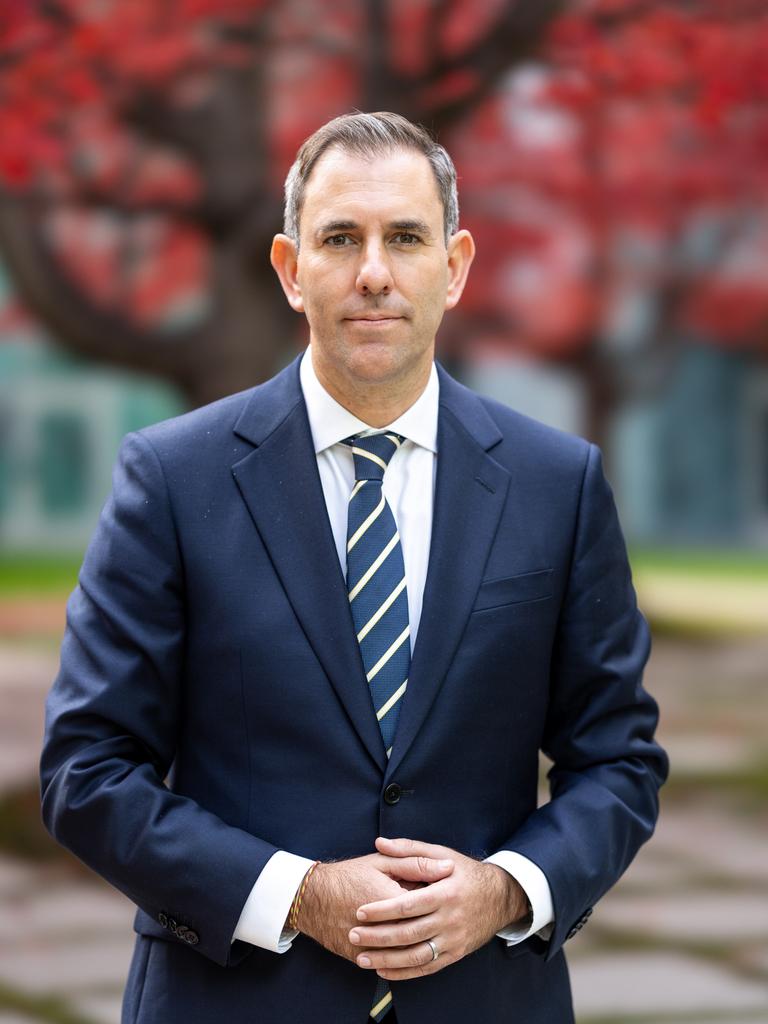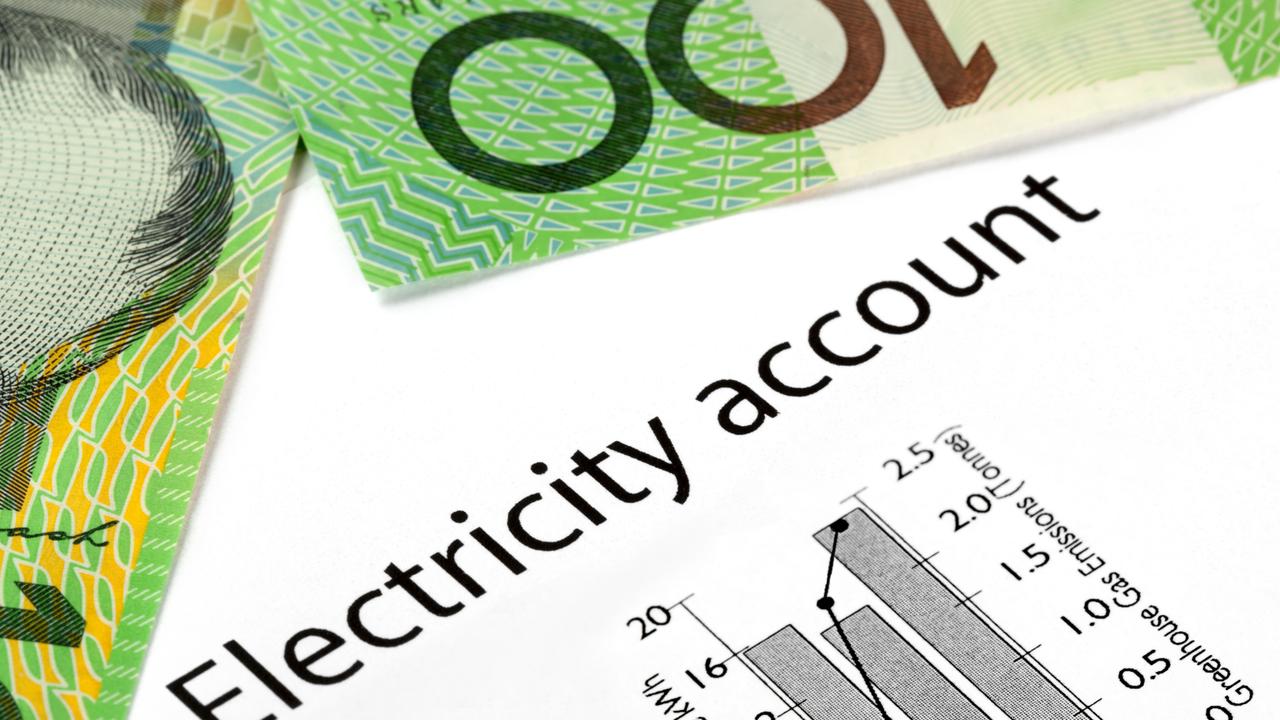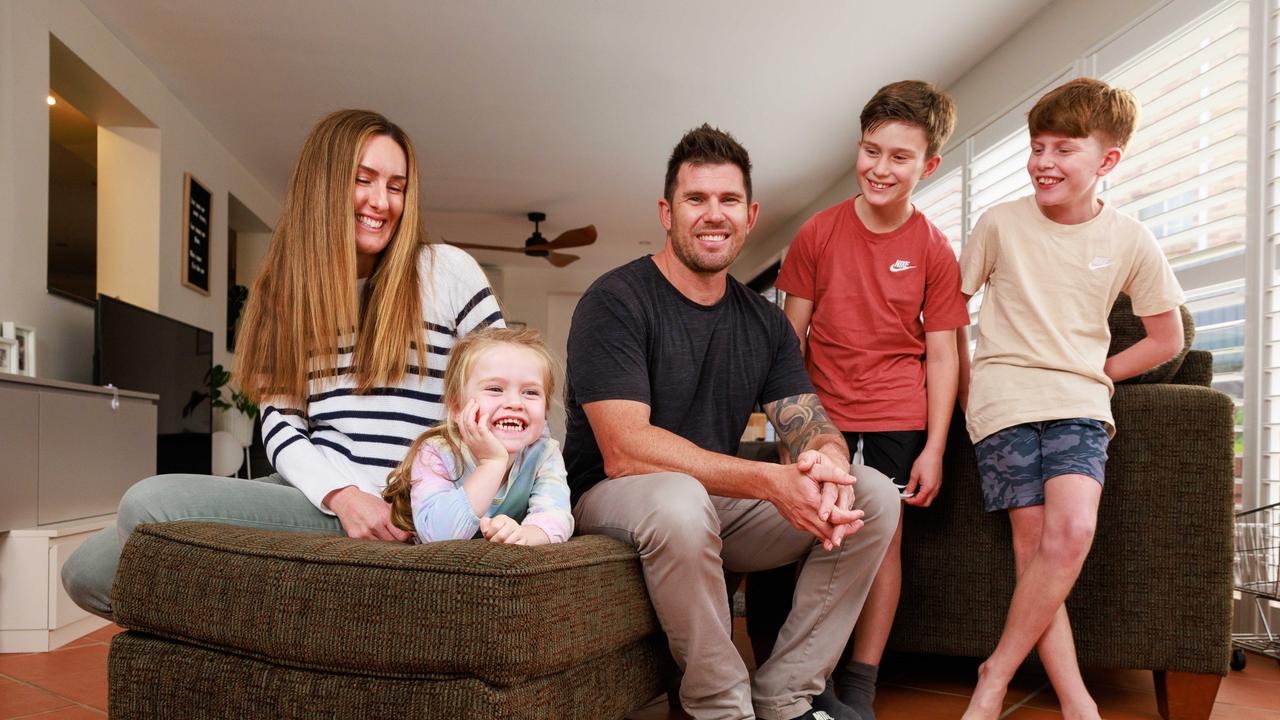Federal Budget 2024: Treasurer Jim Chalmers promises cost-of-living relief
Cost-of-living relief will flow to pensioners and Australians on fixed incomes struggling to pay energy bills, healthcare and other essentials, as Treasurer Jim Chalmers declares Labor’s budget will help those doing it tough.
NSW
Don't miss out on the headlines from NSW. Followed categories will be added to My News.
Cost-of-living relief will flow to pensioners and Australians on fixed incomes struggling to pay energy bills, healthcare and other essentials, as Treasurer Jim Chalmers declares Labor’s budget will help those doing it tough.
A cut to the fuel excise has been ruled out despite soaring petrol costs, but supporting renters by boosting new home builds to increase housing supply will be a key feature of the May 14 federal budget.
While the government is not expected to raise the pension or other payments, it is understood Australians who won’t benefit from tax cuts will be eligible for other help.
In an interview with News Corp, Mr Chalmers confirmed there will be cost-of-living relief for pensioners and others who do not benefit from the stage three tax cuts.
“We do understand that people who might be on fixed incomes, pensioners, aged pensioners and others, they need our assistance and our support as well, and that’s on the way,” he said.

Extending the energy bill relief of up to $500 per year for low and fixed-income households announced last budget and due to expire on July 1 is widely considered an optimal way to ease costs without adding to inflation.
As economists warn Mr Chalmers must carefully calibrate any assistance to avoid sparking a jump in household consumption, welfare advocates are also urging the government to help Australians who face a choice between “eating or heating” this winter.
“We certainly understand that people are under pressure, but we do more than acknowledge that, we’re doing something about it,” Mr Chalmers said.
“We know it’s not mission accomplished on inflation.”
Mr Chalmers said the stage three tax cuts were “part of the answer,” but there would be additional help for households doing it tough.
Asked if he would prefer Australians to spend or save their tax cuts due to the potential inflation risk, Mr Chalmers said households would make their own decisions.
“Some people won’t be able to save — they’ll need it for the essentials — and other people might be able to save some portion of it,” he said.
Mr Chalmers said he understood current cost pressure affected Australians differently depending on their housing situation, distances they drive, energy needs, size of their family or employment circumstance.
“This does hit people differently,” he said.
“But I think cost-of-living pressures are being felt right up and down the income scale, and that’s why it’s important that every taxpayer gets a tax cut from July and that there’ll be additional cost-of-living relief as well.”
He justified a $40m taxpayer funded ad campaign spruiking Labor’s revamped stage three tax cuts as educational, adding the previous Coalition government had launched similar campaigns.
“People can educate themselves about how much they can expect to get so that they can plan their personal and household finances accordingly,” he said.
Mr Chalmers said the government would not cut the fuel excise. “We acknowledge ... petrol prices are part of the pain that people are feeling right now, and we want to help them, but we feel there are better ways to provide that assistance,” he said.
Mr Chalmers said there will be more investment in housing, with the government already signalling a need to encourage more “build to rent” investors to increase supply for renters.

AMP chief economist Shane Oliver said the budget would be a balancing act for Mr Chalmers as he could not risk boosting inflation.
“Energy bill relief, rent assistance and lowering pharmaceutical costs are the sorts of relief that a generally sensible in helping protect low and middle income earners,” he said.
Mr Oliver said ideally the government needed to reduce “measured prices” — goods tracked by the Australian Bureau of Statistics to determine the consumer price index.
“That affects people’s inflation expectations and would make it easier for the Reserve Bank (to lower rates),” he said.
Independent economist Saul Eslake said even if additional cost-of-living was targeted similarly to last year, middle income earners would still benefit from the tax cuts
“The harsh reality is that the squeeze on Middle Australia is something that is an inevitable by-product of relying primarily on monetary policy to bring inflation down,” Mr Eslake said.
HOW FAMILIES’ COSTS HAVE GONE UP
Families paying thousands of dollars more on basic household expenses are the face of Treasurer Jim Chalmers’ number one challenge come budget time — curbing inflation.
Middle class Australians like Tarni and Alex Witts and their three young children are paying twice as much on their mortgage and home insurance than they were 12 months ago.
But economists say the Treasurer’s hands will be tied on how much he can help them with direct cost-of-living relief, with much of the support expected to be aimed at lower income earners.

The Witts have a combined income of $155,000 and are feeling the pinch of inflation across groceries, mortgage repayments, school activities, electricity and insurance.
The teacher and draftsman, who live in Illawong in Sydney’s south, said their mortgage had gone from $1980 per month to $4000 and their home insurance rose from $1800 to $2400. Groceries now cost $400 a week for a basic shop from Aldi compared to $250 last year, while electricity rose from $800 a quarter to $1000.
The cost crunch has prompted the family to skip luxuries like school lunch orders and take two-year-old Zoe out of some extra-curricular activities.
“I was part time at home with Zoe and I’ve now had to pick up extra casual work on my days off,” Mrs Witts said.
“You can’t live at the moment and have the Australian dream of having a home on one income.”
Committee for the Economic Development of Australia chief economist Cassandra Winzar predicted Mr Chalmers’ budget will focus more on lower income earners.
“The best thing the government can do for middle income earners is get inflation under control so we can hopefully start to see interest rates come down,” she said.
“People might be disappointed if there is not wider scale cost-of-living relief, but hopefully they can understand the need for lowering inflation in the long term.”
Economist Saul Eslake said middle income earners would still benefit from the revised stage three tax cuts.
“It’s not nice for people in that income bracket … but if they tried to use the budget to offset the impact of the high interest rates, interest rates would go up even more,” he said.
— by Angira Bharadwaj
More Coverage
Originally published as Federal Budget 2024: Treasurer Jim Chalmers promises cost-of-living relief









